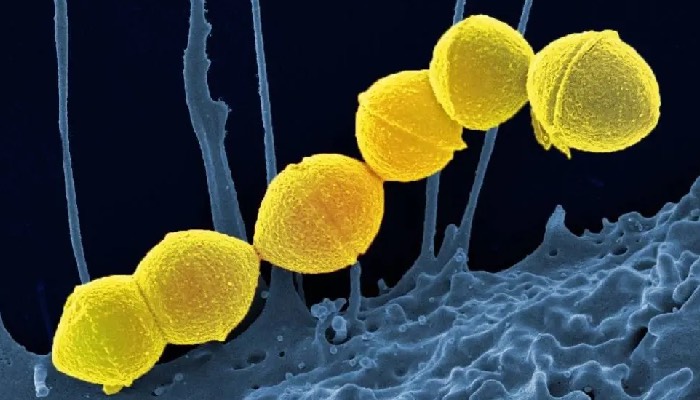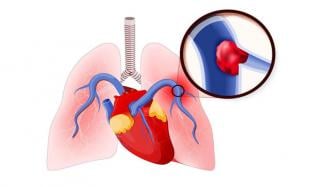
Japan is witnessing a surge in cases of a deadly disease caused by a rare "flesh-eating bacteria" known as streptococcal toxic shock syndrome (STSS).
According to Bloomberg's report, this year 977 cases have been reported by June 2, surpassing last year's record of 941 cases, according to the National Institute of Infectious Diseases.
STSS is caused by Group A Streptococcus (GAS), a bacteria that usually leads to mild illnesses like strep throat in children.
However, certain types can cause severe symptoms such as limb pain and swelling, fever, low blood pressure, and necrosis, which can lead to organ failure and death.
The disease is particularly dangerous for people over 50.
Meanwhile, Ken Kikuchi, a professor of infectious diseases at Tokyo Women's Medical University, explained the severity of the virus, noting, “Most of the deaths happen within 48 hours. Swelling in the foot can spread to the knee by noon, and the patient can die within 48 hours."
Other countries, including at least five European nations, have also reported increases in invasive Group A streptococcus (iGAS) disease after lifting Covid restrictions.
With the current infection rate, Japan could see 2,500 cases this year, with a mortality rate of 30%, Kikuchi warned.
He emphasised the importance of maintaining hand hygiene and treating any open wounds.
Kikuchi also noted that patients might carry GAS in their intestines, which can contaminate hands through feces.
Additionally, people are urged to be vigilant and practice good hygiene to prevent the spread of this dangerous disease.















